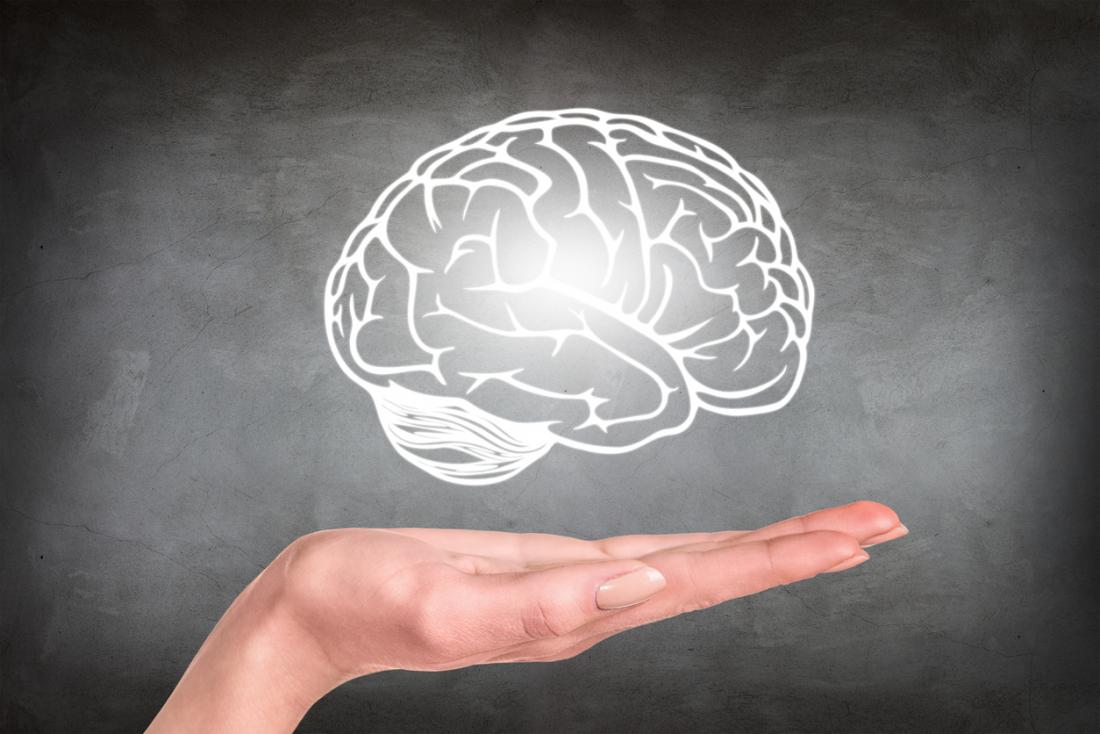When we talk about impaired memory and reduced cognitive function, it is necessary to consider the relationship between these phenomena and the aging process of the brain. Many believe that memory loss and impaired brain activity are inevitable as we age. Despite this widespread myth, research shows that things are not so clear cut.
Brain cells, which are the most complex cells in the human body, play a key role in cognitive function. Research clearly shows that nutritional status makes a huge difference in brain health. Intelligence, memory, behavior and concentration are directly related to how we eat.
Whether you are young or old, nutrition plays a key role in maintaining brain health. Aging is not always associated with loss of brain function and depends on a multitude of factors, including genetics, lifestyle and eating habits. A proper and balanced diet rich in nutrients can significantly improve brain health and preserve cognitive function, even as we age.
Nutrition to support the brain
Simply put, high nutritional status equals higher mental function. Due to the common nutrient deficiencies in older adults, many cases of impaired mental function may be related to a lack of adequate nutrients.
A study conducted at the University of Oxford’s Department of Clinical Neurosciences involved 156 elderly patients with mild cognitive impairment and a high risk of dementia and Alzheimer’s disease. The patients were divided into two groups: one group received a daily supplement with 800 mcg of folic acid, 20 mg of vitamin B6 and 500 mcg of vitamin B12, while the other group received a placebo.
Before and during the study, the researchers used magnetic resonance imaging (MRI) to measure levels of gray matter atrophy in the patients’ brains. Gray matter atrophy is an indicator of the progress of Alzheimer’s and other forms of dementia. After the two-year study, researchers found that those who received the supplements had seven times less atrophy than the placebo group. The study also showed that those with faster gray matter atrophy had elevated homocysteine levels. In conclusion, the researchers state, “B-vitamin supplementation may slow atrophy of certain brain regions associated with Alzheimer’s disease and cognitive decline.”
In addition, to support brain function, it is helpful to take vitamins and minerals as well as 1000-3000 mg of combined EPA and DHA fatty acids from quality fish oil. Higher intake of these omega-3 fatty acids is associated with better mood and mental function.
The best foods for the brain
The main dietary factors that reduce the risk of dementia and Alzheimer’s disease are as follows:
- Increased consumption of fish with omega-3 fatty acids.
- More monounsaturated fatty acids, primarily from olive oil.
- Moderate use of alcohol, especially red wine.
- Increased consumption of non-starchy vegetables and fruits.
Blueberries and their extracts have a special role in this context. Adult rats given the human equivalent of 1 cup of blueberries per day showed significant improvements in learning ability and motor skills, making them mentally comparable to younger rats. Alternatively, consumption of extracts rich in flavonoids, such as grape seed extract or pine bark, may also have rejuvenating effects on the brain.
Celery extracts contain a compound called 3-n-butylphthalide (3nB), which improves brain health. Human and animal studies have shown that 3nB significantly improves learning ability and long-term spatial memory. Researchers believe that “3nB has promising preclinical potential as a drug to prevent and/or treat Alzheimer’s disease.”
Herbal approaches to maintaining brain health also include Gingko Biloba extract, which is popular for improving brain function. The recommended dosage is 60-120 mg of standardized extract (containing at least 24% ginkgo flavonolicosides) once or twice daily.
Another useful herbal brain stimulant is the herb Bacopa (Bacopa or Brahmi). It is a powerful adaptogen and has traditionally been used in Ayurvedic medicine to improve memory, learning and concentration.
Other brain support approaches
When we think about improving our health, we usually focus on weight loss, heart health, muscle tone and strength. We shouldn’t forget the brain. Here are a few more healthy approaches you can take to support your brain function.
Nutritional supplements
Make sure you exclude high-fat foods and processed products from your diet – this is an excellent first step to reduce inflammation in the body and brain. Consider including ingredients and spices in your diet that nourish the brain and protect cognitive abilities.
- Zinc
Zinc deficiency can affect sleep and cognitive abilities. Your best defense against zinc deficiency is to add foods to your diet that provide a good dose of the mineral. These foods include oysters, beans, chicken, as well as almonds, pumpkin seeds and chickpeas.
- Vitamin B12
Approximately 6% of adults under 60 are deficient in vitamin B12, and nearly 20% of those over 60 are deficient in this important vitamin. B12 helps optimize sleep and memory and helps maintain nerve function. Foods that contain B12 include poultry, eggs and fortified breakfast cereals.
- Turmeric
This spice, whose active ingredient is the chemical compound curcumin, has strong anti-inflammatory properties. Turmeric extract can aid cognitive function by stopping the formation of plaques and neurofibrillary tangles in the brain that can interfere with cognitive abilities.
- Ginkgo biloba
Ginkgo biloba supports brain health by dilating blood vessels, providing antioxidant protection, and improving memory and cognitive function. This can be helpful in conditions such as dementia and other neurological conditions.
- Selenium
Selenium plays a key role in the body’s antioxidant defenses and neutralizes damage caused by free radicals. This antioxidant effect has beneficial effects on brain health. The beneficial properties of Ginkgo biloba extract and selenium are combined in dietary supplements such as Porexan. The active ingredients combine their beneficial effects to support brain health.
Physical activity
It has been found that physical activity can reduce the risk of cognitive decline. Research confirms that regular physical activity plays a key role in maintaining brain health and can be an effective means of reducing the risk of cognitive impairment.
Rest and restore the brain
Approximately 30% of adults worldwide experience symptoms of insomnia or have trouble falling asleep. If you are one of these people who are experiencing difficulty sleeping, it is important to seek assistance from a sleep specialist.
Melatonin and lavender extract can be helpful supplements to aid in more restful and deep sleep. These substances are considered supplements that can help improve sleep quality and alleviate insomnia problems.
Anti-stress techniques
Research shows that chronic stress is linked to cognitive problems. Increased stress levels are associated with cognitive decline in later life.
Stress management can include a variety of therapeutic techniques such as meditation, physical activity, healthy sleep patterns and a balanced diet. To manage stress, some studies recommend adhering to an anti-inflammatory diet that includes oily fish, poultry, fruits, vegetables, 100% whole grains, and healthy fats such as olive oil. Certain supplements can also help improve sleep quality and neutralize stress.
Another aspect related to stress management is social support. Connection with friends and family can play a key role in balancing your emotional state and improving stress resilience. Sharing experiences and seeking support among loved ones are important elements of a stress management strategy.
Avoiding negative environmental stressors and practicing stress management techniques regularly can significantly improve overall health and brain function.
In conclusion
In supporting optimal brain health, a comprehensive approach that encompasses different aspects of our lifestyle plays a key role. In order to strengthen and support brain function, we should pay attention to several essential factors: physical activity, balanced nutrition, application of stress management techniques, optimal sleeping patterns, and others. Taking care of brain health not only improves quality of life but also protects against potential problems related to cognitive function in the future.


